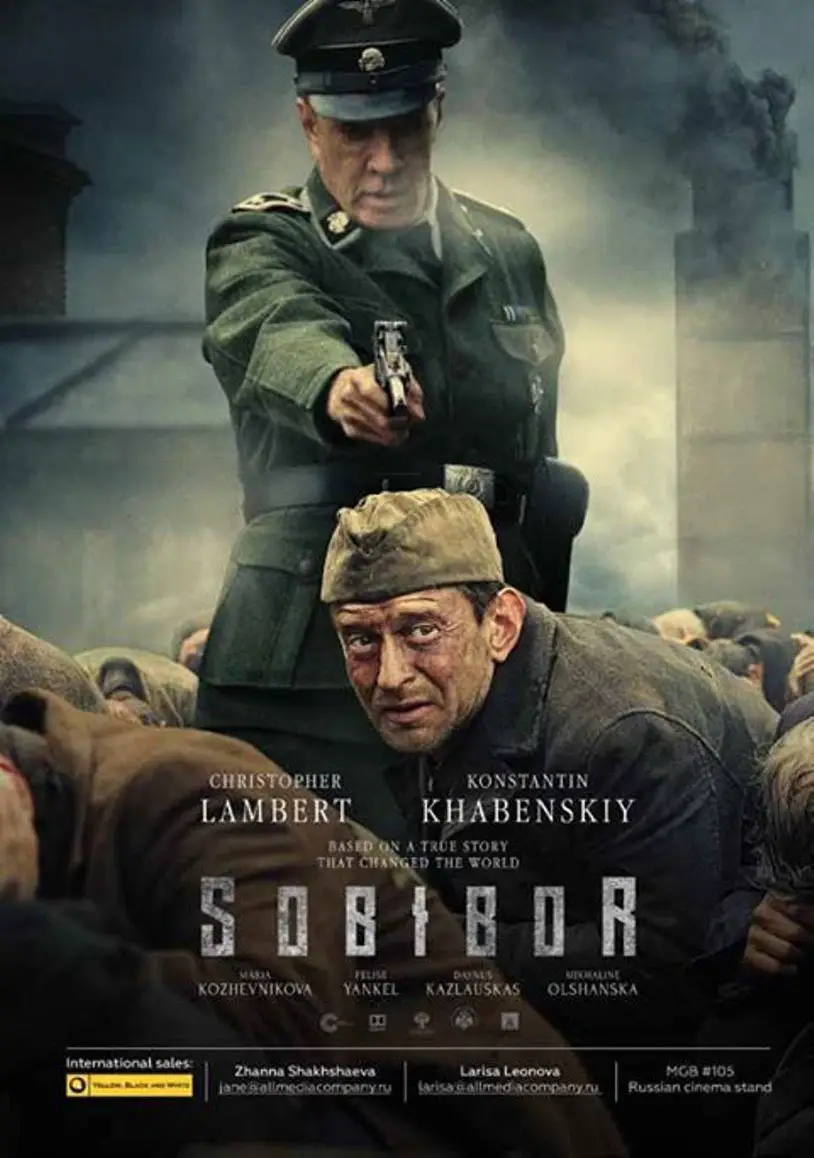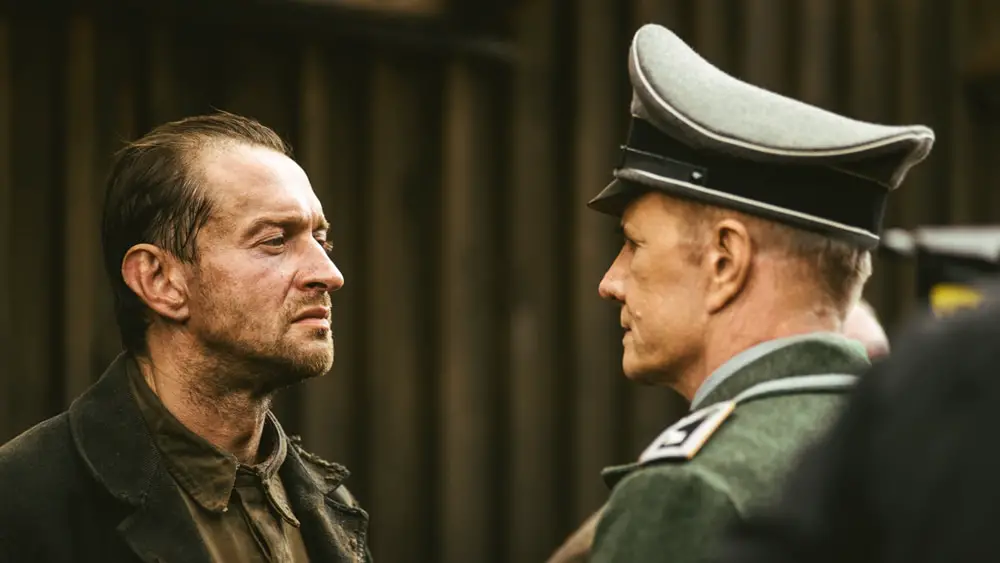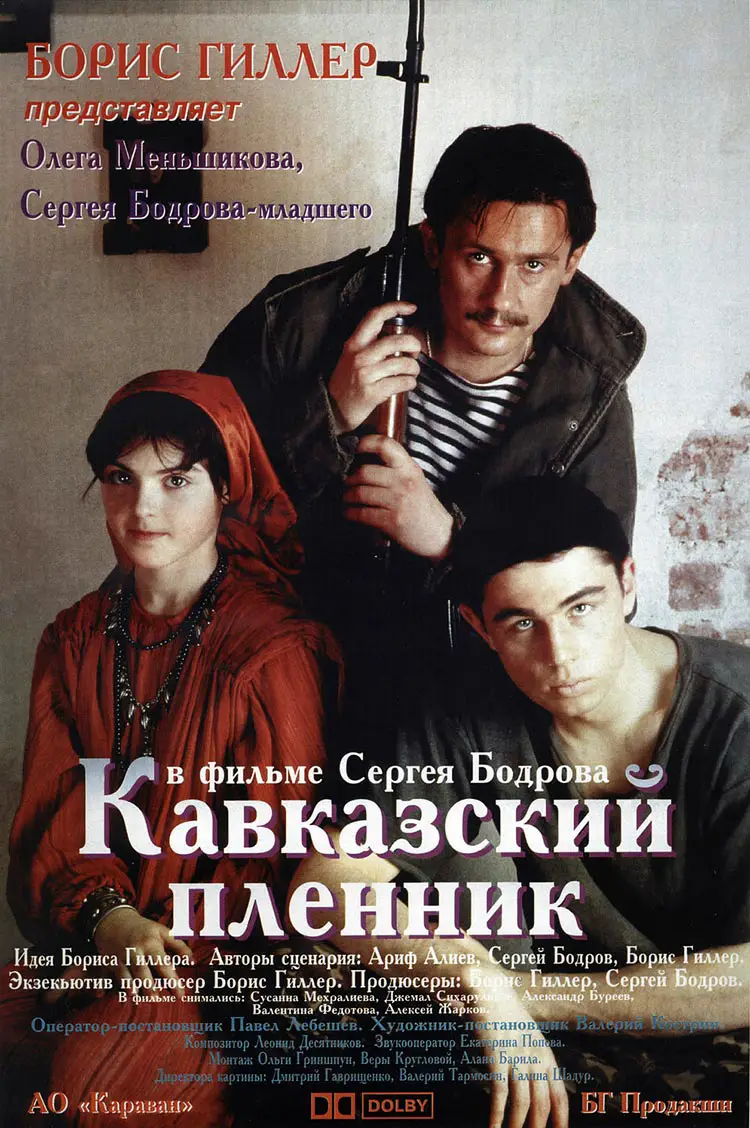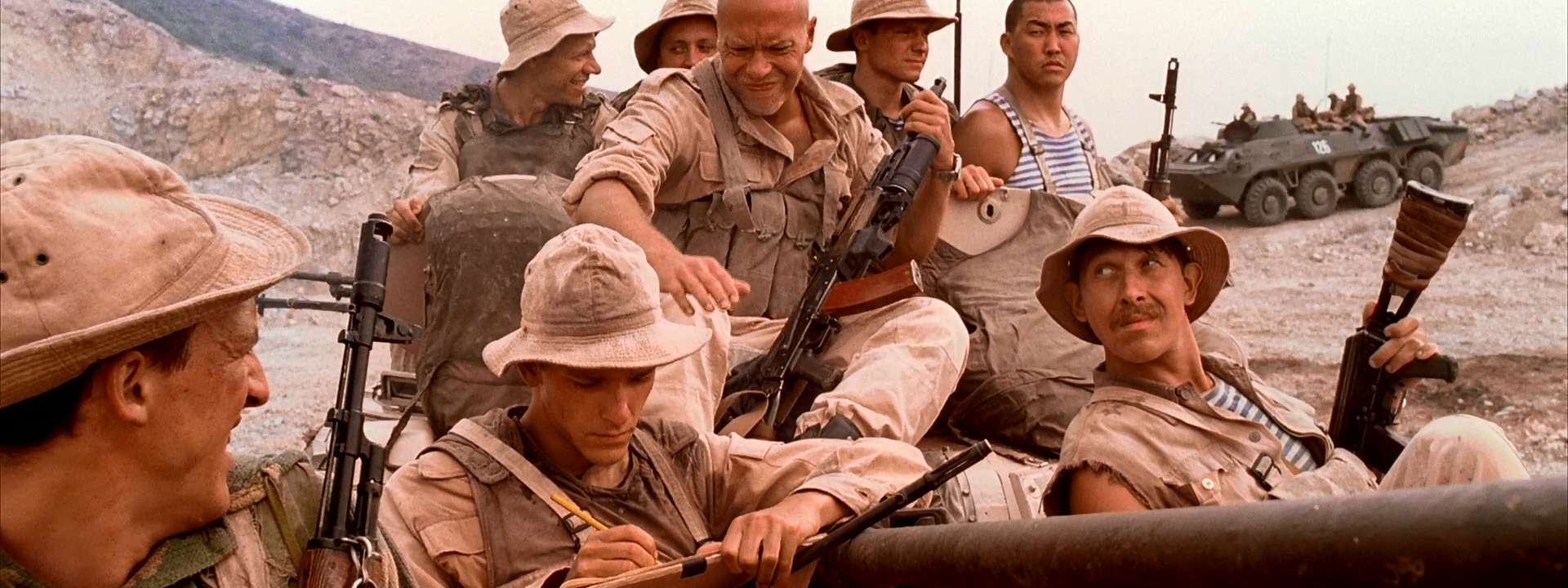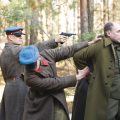Sobibor was first released in Russia on May 3rd, 2018. It was released throughout the latter half of 2018 in several European countries, and in the United States in March of 2019. The film was directed and starred in by Konstantin Khabensky and produced by Fetisoff Illusion, ArtBox Company, and Visual Arts. The film won Best Russian Jewish Film in the Moscow Jewish Film Festival in 2018 and Best Feature Film in the LifeArt Festival of 2018. It was Russia’s entry for Best Foreign Language Film in the 2018 Academy Awards, but was not nominated for an Oscar.
Sobibor is based on true events of October 1943, when prisoners of the concentration camp of the same name staged a revolt that freed around 300 people, according to the statistics listed at the end of the film. Alexander Pechersky, a Jewish Red Army Officer, was the leader of the revolt, and the legacy of his actions in World War II has become a focal point in dialogue about the Soviet Union’s complex role in World War II.
Sobibor can be found on Amazon.
Synopsis
The opening scene of Sobibor shows the arrival of a group of Polish and Soviet Jews and Prisoners of War to the concentration camp. A string quartet plays in welcome, officers give instructions and direct the new arrivals, and workers in the camp greet the train’s arrival with grave expressions, knowing the tortures that await its riders. The first few minutes of the film depict the process for newcomers. Camp workers take luggage to be sorted and separate skilled workers to be spared from the fate of the rest of the men, women, and children. After the prisoners say goodbye to their loved ones for the night, having been told that they will be reunited, the Nazi officers take separate groups of men and women and murder them in gas chambers after stripping them of their belongings, clothing, and hair.
After this introduction, Alexander Pechersky (Sasha), the protagonist, comes onto the scene in a prayer meeting. The men who have been in the camp greet him with hostility because he is a Red Army officer and “provocateur”, and was transferred from a ghetto in Minsk. As Pechersky adjusts to life in the camp, Oberscharführer (Staff Seargeant) Karl Frenzel notices his strength and will to survive, challenging him on several occasions to complete physical tasks under threats to the lives of other prisoners. Pechersky becomes a clear leader in the planning of escape, fighting not only the brutality of the Nazi guards, but also hostility from prisoners who see his plans as too much of a risk. The film shows several attempted escapes, which all end in disaster, the escapees dying and the camp guards shooting every tenth prisoner as a warning.
Throughout Sobibor, Pechersky and others involved in planning their escape face the brutality of the Nazi officers, which is depicted most horrendously in a scene the night before the planned escape, in which the camp guards force the prisoners to act as horses, pulling them around on carts while the officers drunkenly torture the Jewish men and women. The specific plights of several prisoners are shown throughout the film, and Pechersky directs the execution of the highest Nazi authorities by workers in various parts of the camp on the day of escape.
The final day in the camp involves these vengeful murders and shows the conflict among prisoners who are reluctant to kill even after all they have suffered at the hands of those they are killing. Even a young boy called Toiwi takes part in the plan, leading two Unterscharführers (squad leaders) into a trap by promising them high-quality boots and jackets found in the confiscated belongings of the camp’s victims. In the end, the screen shows further explanation of the historical record. The escape is successful for around 300 people, with 100 dying in the attempt, though 150 were recaptured. Sobibor demonstrates the brutality and persecution of Jews during World War II, while also declaring the victory of opposition for those who rose up, despite the overwhelming loss of hundreds of thousands of lives at Sobibor and the trauma faced by the few survivors in the aftermath of the Second World War.
Analysis
Sobibor is rated 6.4 out of 10 by both IMDb and on the Russian movie site KinoPoisk. Its Rotten Tomatoes score is 75% on the part of critics and only 44% in audience approval, though the audience approval rate is based on only fifty-eight user ratings. According to IMDb, the film made $5,096,619 worldwide.
Konstantin Khabensky has long been one of the most renowned actors in Russia, and has a substantial record of acting awards from his work. His portrayal of Alexander Pechersky (Sasha) tells a story to viewers of regret, loss, trauma, and determination. Throughout the film, Pechersky must face trials that bring him very close to death, but the character perseveres in order to save as many lives as possible from the tortures of Sobibor and death. Scenes involving his relationship with his love, Lyuka, are particularly convincing, and his direct confrontations with Oberscharführer Frenzel are fraught with tension.
Christopher Lambert delivered in his role as Oberscharführer Karl Frenzel. Though born in the United States, Lambert grew up predominantly in France and has had a successful acting career including several French films and Oscar nominations. In Sobibor, he portrays Frenzel as a brutal and unforgiving man, whose background and convictions fuel a hatred that those in the camp fear. He tortures prisoners in the camp without mercy, especially Chaim (portrayed by Fabian Kociecki), who refuses to drink alcohol on account of his religious convictions.
The movie also includes excellent acting by Mariya Kozhevnikova as Selma, Ivan Zlobin as Shlomo, and Mindaugas Papinigis as Berg.
Controversy over the success of Sobibor stems from the difficulty of handling the sensitive subject of the Holocaust. Because of the atrocities committed in this period of history, attempting a true representation of it requires graphic brutality, which the 2018 film delivers. While viewers must make a decision for themselves whether or not viewing such a film is an appropriate way to maintain the memory of the Second World War and to analyze the nuanced roles of all involved, the film is organized by announcing the start of each day in the camp, and is a depiction of what happened for those who may not be familiar with the history and some of its horrible details. The film itself, sponsored by the Russian government, is an important part of the continuing conversation about both the complicity of different people and groups in the suffering of millions of people during WWII and the role of Soviet forces in liberating Jews from Nazi rule.
Sobibor can be found on Amazon.
View the Sobibor trailer below:
